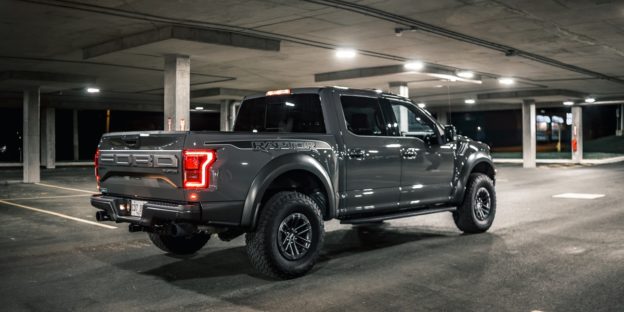Few people have the ability to pay cash for a car. But if you are one of the lucky ones who has saved up enough cash, you can enjoy a wide range of benefits by paying in full. To keep your costs in line, consider shopping for a repossessed or bank-owned vehicle that will cost far less than what you’ll pay at the dealership.
Let’s cover the reasons why paying for a repo car in cash is worth considering.
No Money Loss to Interest
Interest is a fee charged to you when borrowing money from someone else. Currently, interest rates on 60-month auto loans are around 5.27 percent. Rates depend on your credit score, age of the vehicle, term length of the loan and other factors. By paying cash, you’re using your own money and don’t have to pay interest.
No Monthly Payments
Once the “new car feeling” wears off, people are stuck paying a high monthly payment for the next five years or so. However, when you pay cash for a vehicle, you’re paying for everything upfront. While you might have to take from your savings, you can put money back every month because you won’t be spending it on a car payment.
Better Negotiations
Banks and credit unions selling repossessed cars are motivated sellers. They are often willing to negotiate and come down on price, unless a car has a lot of bids. If you have the cash to buy the vehicle outright, the seller will likely accept a lower offer. They’re about to receive payment in full and they’re not taking the risk that you’ll default on your payments.
Avoid Being Underwater
Cars depreciate extraordinarily fast. Even after making payments for several years, you’ll probably still owe more than what your car is worth. This is a hard cycle to be in, especially if you want to sell and upgrade to something else. When you pay cash, the car is entirely yours. You don’t have to worry about being underwater, and you can trade in your car at a later date and get something for it.
Shop for Affordable Cars Today
Paying for a car in cash isn’t for everyone, but it is definitely something you may want to consider if you want to avoid interest and high monthly payments. When you shop for used cars at RepoFinder.com, you’ll have access to hundreds of vehicles in all makes, models, conditions and price ranges.
These cars are sold by banks and credit unions, so you can often negotiate an even better deal, especially when paying in cash. And, if you prefer to finance your purchase, you’re in the right spot! Banks and credit unions will work with you to get your monthly payments affordable.
Start your search for cheap, used cars in good condition at RepoFinder.com.







